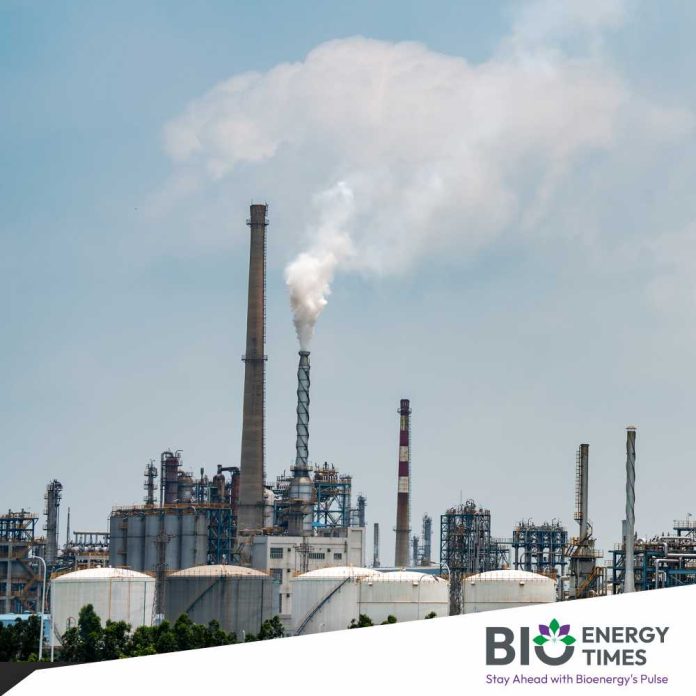Thailand’s revised national oil plan, covering 2024 to 2037, prioritizes biofuels like gasohol and sustainable aviation fuel (SAF) to drive cleaner energy and attract investments worth 114 billion baht in the oil sector over the next 13 years, reported Bangkok Post.
Previously, authorities aimed to promote gasohol E20, a blend of 20% ethanol and 80% gasoline, as the primary fuel for motorists, replacing the popular gasohol E10, which contains 10% ethanol. However, this transition encountered delays due to high ethanol prices.
During a public hearing on the revised plan, ethanol producers and sugar cane farmers expressed their support for the government’s consideration of gasohol E20 as a primary fuel.
The new plan spans from 2024 to 2037, with the public consultation period ending on July 12.
Despite the high price of gasohol E20, it can reduce reliance on fossil fuel-derived gasoline, thereby helping the country cut carbon dioxide emissions, said Jetsada Wongwatanasin, president of the Thai Ethanol Manufacturing Association. Increased ethanol use will allow 27 local ethanol producers to boost capacity utilization and generate more revenue for sugar cane growers, he added.
The Department of Energy Business is awaiting the results of a study on the beneficiaries of gasohol E20 becoming a primary fuel before deciding by September, according to director-general Sarawut Kaewtathip. The data is being compiled by businesses in the ethanol supply chain.
In the diesel category, biodiesel B7, a blend containing 7% palm oil-derived methyl ester, will continue as a primary fuel following consultations with automakers, oil traders, and palm farmers, as outlined in the new oil plan.
Energy officials also plan to promote SAF in the aviation industry by increasing production through a cooperative arrangement between Bangchak Corporation and the International Civil Aviation Organization. The oil plan proposes the creation of a working panel to explore the use of sugar cane and cassava as raw materials for SAF production, alongside used cooking oil, which is internationally certified as an acceptable raw material.
For marine transport, the oil plan promotes the use of a low-sulfur fuel oil called B24 VLSFO for ships transporting goods internationally, said Patteera Saiptatumtip, deputy director-general of the department. B24 VLSFO comprises 24% used cooking oil methyl ester and 76% very low sulfur fuel oil (VLSFO).















